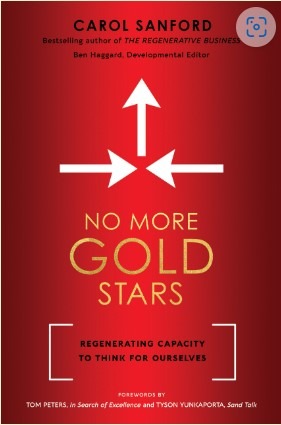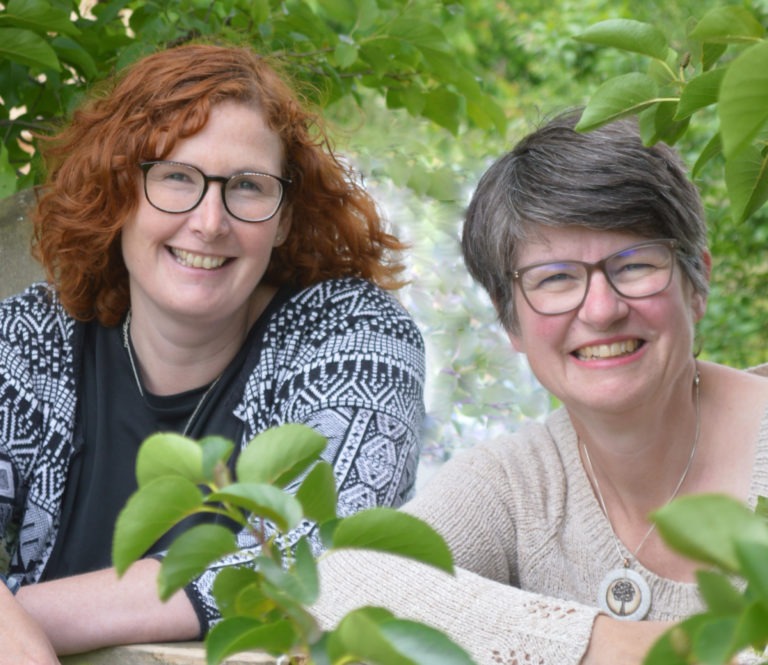
Rooted Leadership talk at Disrupt HR
Want to hear regenerative leadership explained in 5 minutes? Here’s a video of me speaking at Disrupt HR event in Nottingham. If you’d like to
To create a regenerative future we will need to re-evaluate not only our relationship with the non-human beings that inhabit the earth, but with the indigenous humans who have been guardians of the wisdom of how to live ‘sustainably’. Tyson Yunkaporta’s important book shares the complexities of allowing us Westerners into the aboriginal world – a world where wisdom and knowledge and ways of being are shared in a collective unspoken ‘knowing’, and in song and stories. He keeps much hidden but allows us access to ways of thinking that will certainly be keys to unlocking regenerative ways of being in the world.
I found I needed to re-read many passages, especially the Sand Talk interludes, where he shares wisdom written in sand. At one point I found myself needing to be outside to try to ‘feel into’ his words – I knew the knowledge needed to be experienced by my whole self, not simply understood by the analytical part of my brain. I was rewarded by a magnificent sunset that linked me to the Australian landscapes that I have experienced only once.
The value in this book comes from sharing different ways of thinking, rather than different ways of ‘doing’ sustainable living. As the author shares, this is how non-indigenous people have approached indigenous wisdom in the past – co-opting activities or medicines or materials, rather than trying to understand how a different way of thinking allows everyone to create their own ‘best practice’, wherever they are on the planet.
Five ways of thinking shared are:
And he shares a way of keeping these in your hand – one for each finger.
I found that some of these were familiar from my diverse regenerative learning (pattern-mind is something familiar to any permaculturist), but others will need more cultivation. I found dreaming-mind in the metaphors and principles from my permaculture and Think like a Tree work, but I felt bereft from the lack of deep shared story in my culture.
I often share ancestor visualisations in my courses, and this book reminded me that ancestor mind I felt bereft from the lack of deep shared story in my culture.can only come when there is a different neural state – which is also the optimal state for learning.
Kindship mind arose in me the even deeper need to be a facilitator of connectedness in my life and work.
I was also struck by how much of the aboriginal values and culture is unspoken – contained in a deeper shared ‘knowing’ and I realised that will be a big ask to recreate that in my own land.
How might we do that? My hunch is that it might be contained in the five ways of coming to knowledge from the Wik Mugakan language.
In conclusion, an incredibly valuable book and I recommend setting aside dedicated time (preferably in nature) to ‘feel into’ its wisdom – become part of the system rather than being an observer, as the author so rightly shares.

Want to hear regenerative leadership explained in 5 minutes? Here’s a video of me speaking at Disrupt HR event in Nottingham. If you’d like to

In “No More Gold Stars,” Carol Sanford challenges conventional notions of achievement and success. Carol is a renowned business consultant and educator and what struck

This week has felt a little bit epic! I have found myself taking deep, exhaling breaths as I sit with the medley of feelings I have